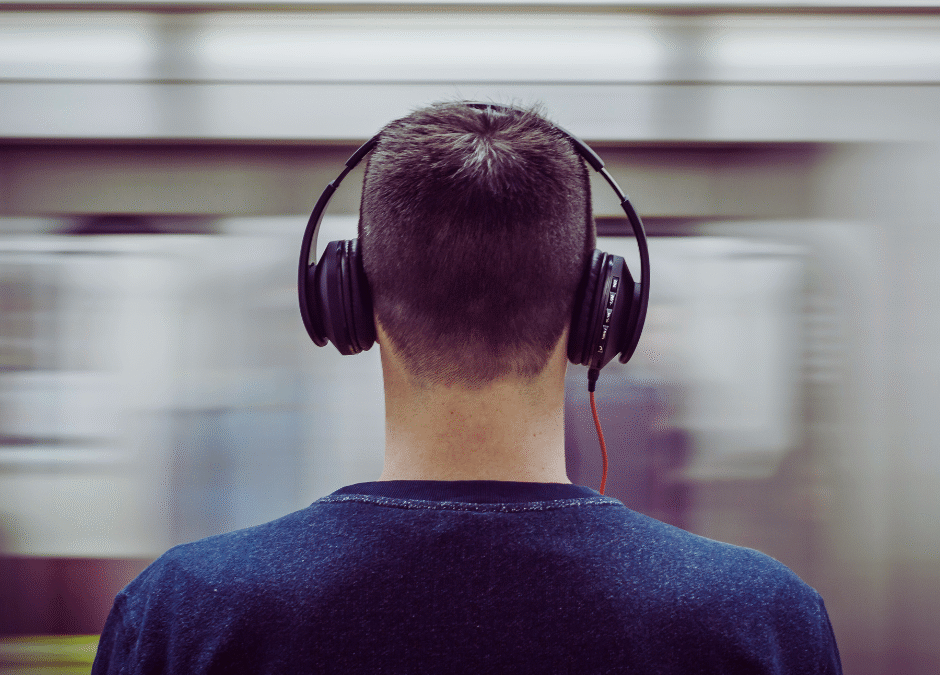How Does It Work? What Factors Should You Consider When Buying Noise-Cancelling Headphones?
Do you live or work in an environment where you’re constantly exposed to loud or irritating sounds? Have you tried to block out the chatter with ear plugs or headphones, without any meaningful success? You may have heard about the so-called “noise-cancelling” headphones, a supposed sure-fire method to eliminate the distractions. How does it work? What can you realistically expect from “noise-cancelling” headphones? What should you consider when shopping for “noise-cancelling technology”?
How Does Noise-Cancelling Technology Work?
Noise-cancelling technology includes any device or method built or engineered to reduce or eliminate different types of sound. Though noise cancellation technology was initially available only in headphones, recent advances now integrate the technology in hearing aids, in cars, in microphones and in many appliances.
As a general rule, noise cancellation takes one of three forms:
- Active noise cancellation—This approach listens to and analyzes sound already in your environment and converts it to sound waves. It then reproduces the sound backward, which cancels out ambient noise.
- Adaptive noise cancellation—This method also employs negative noise to cancel out unwanted sounds, but is typically more sophisticated, using algorithms to both detect noise and create counterbalancing sounds.
- Passive noise cancellation—This technology does not seek to neutralize offense sound patterns with targeted negative noise, but instead relies on physically blocking external sound
What Are the Common Uses of Noise-Cancelling Technology?
There’s a common misperception that only audiophiles use noise-cancellation, so that they can maximize their listening experience. Many people, however, use noise-cancelling products (most often headphones) primarily or exclusively to get rid of ambient distracting sounds. Persistent sound has often been tied to higher levels of stress and anxiety. In a busy office, noise-cancelling technology can reduce stress and increase productivity. In a loud manufacturing or industrial setting, it can help avoid or minimize hearing damage or loss.
What Factors Should You Consider When Buying Noise-Cancellation Devices?
The most important factors when considering noise-cancellation technology ae:
- Battery life—Most noise-cancellation headphones are not wired to any form of output. You want technology that will last a long time between battery replacement.
- Cost—Noise-cancellation technology can cost an arm and a leg, so go to someone you trust
- Comfort—A good, snug fit that not overly tight or loose

